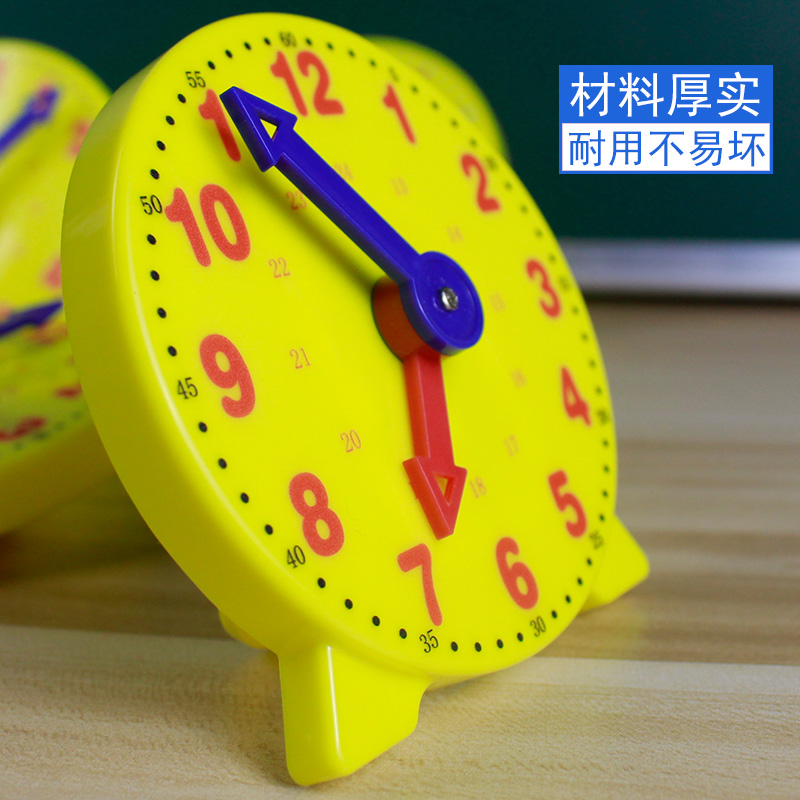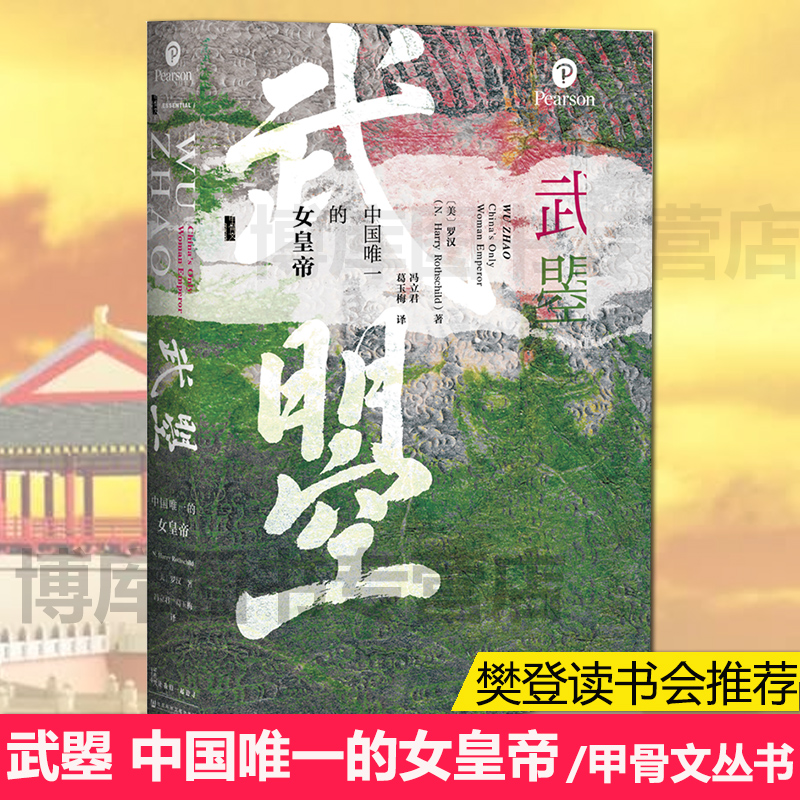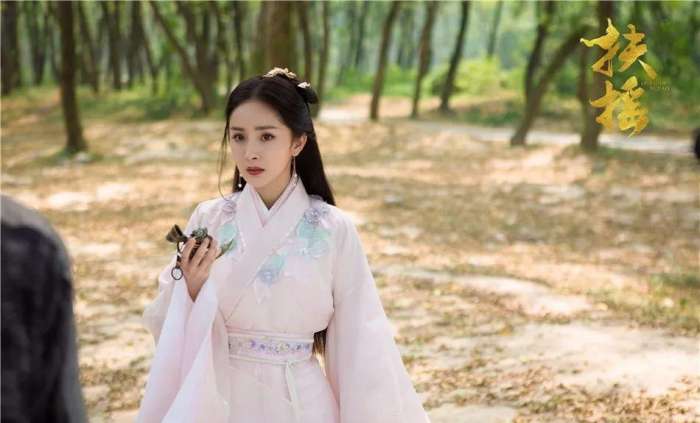演讲稿_用英文介绍龙抬头
ongtaitou Festival is a traditional Chinese festival held on the second day of the second month of the Chinese calendar.
每年农历的二月初二是中国的传统节日——龙抬头。
The name literally translates to "Dragon Raises Head Day". In the tradition of Chinese culture, the dragon is believed to be the king of all creatures and the ancestor for human being. It is also regarded as the deity in charge of rain, an important factor in ancient agriculture.
龙抬头如果按照字面意思直译成英语就是"Dragon Raises Head Day"。在中国的传统文化中,龙被信奉为万物之王、人类的始祖。另外龙也被认作是古代农业文化的重要元素之一——掌管降雨之神。
Today, it's a little less agriculturally-inclined, and ways to celebrate in style include eating pancakes and noodles, and, believe it or not, getting a haircut or an entirely new hairstyle.
如今,龙抬头不再像过去那样和农业息息相关。现在流行的庆祝方式包括吃春饼、吃面条;另外,信不信由你,还可以去理个发或是换个新发型。
In ancient times, people burned incense to chase odors from the home, ensuring spring arrived fragrant and fresh and full of good fortune. Sewing was forbidden, as the needles might bring bad luck by piercing the dragon's eye. Spreading plant ashes around jugs was also common, as that would urge the dragon to fill them with rainwater.
古时候,人们会在龙抬头熏香以驱赶家里的味道,以确保春天到来后,家里有着新鲜芳香的空气以及满满的好运。缝纫是被禁止的,因为缝针可能会刺到龙的眼睛从而带来坏运。另一种常见的习俗是把草木灰洒在水缸旁边,因为人们认为这样可以引龙来布施雨水将其灌满(撒灰引龙)。
So start making pancakes, and book that hair appointment today - you'll want to make sure you're ready for Long Tai Tou!
所以说,大家开始制作春饼吧,再预约理个发,证明你已经准备好迎接“龙抬头”的到来!
哪个英文单词发音接近“龙抬头”
龙抬头
龙抬头(二月二)又被称为“春耕节”、“农事节”、“春龙节”,是中国民间传统节日。
节日活动:烧纸,放炮,拜龙王,剪头发
英文名
Dragon Heads-raising Day
中国传统节日的英文
1、除夕:New Year's Eve
除夕,为岁末的最后一天夜晚。岁末的最后一天称为“岁除”,意为旧岁至此而除,另换新岁。除,即去除之意;夕,指夜晚。“除夕”是岁除之夜的意思,又称大年夜、除夕夜、除夜等,时值年尾的最后一个晚上。
2、春节:the Spring Festival
春节,即农历新年,是一年之岁首,亦为传统意义上的“年节”。俗称新春、新岁、新年、新禧、年禧、大年等,口头上又称度岁、庆岁、过年、过大年。春节历史悠久,由上古时代岁首祈年祭祀演变而来。
3、元宵节:the Lantern Festival
元宵节,又称上元节、小正月、元夕或灯节,为每年农历正月十五日,是中国的传统节日之一。正月是农历的元月,古人称“夜”为“宵”,正月十五日是一年中第一个月圆之夜,所以称正月十五为“元宵节”。
4、春龙节(龙抬头):Dragon-head-raising-Festival
龙抬头(农历二月二),又称春耕节、农事节、青龙节、春龙节等,是中国民间传统节日。“龙”是指二十八宿中的东方苍龙七宿星象,每到仲春卯月之初,“龙角星”就从东方地平线上升起,故称“龙抬头”。
5、寒食节:Cold Food Festival
寒食节:在夏历冬至后105日,清明节前一二日。是日初为节时,禁烟火,只吃冷食。并在后世的发展中逐渐增加了祭扫、踏青、秋千、蹴鞠、牵勾、斗鸡等风俗,寒食节前后绵延两千余年,曾被称为中国民间第一大祭日。
6、清明节:Tomb Sweeping Day
清明节,又称踏青节、行清节、三月节、祭祖节等,节期在仲春与暮春之交。清明节源自上古时代的祖先信仰与春祭礼俗,兼具自然与人文两大内涵,既是自然节气点,也是传统节日。
7、端午节:the Dragon Boat Festival
端午节(农历五月初五),又称端阳节、龙节、重午节、龙舟节、正阳节、浴兰节、天中节等等,是中国民间的传统节日。端午节源自天象崇拜,由上古时代龙图腾祭祀演变而来。
8、七夕节:Magpie Festival
七夕节,又称七巧节、七姐节、女儿节、乞巧节、七娘会、巧夕、牛公牛婆日、双七等,是中国民间的传统节日,为传统意义上的七姐诞。因拜祭“七姐”活动在七月七晩上举行,故名“七夕”。
9、中元节:Hungry Ghost Festival
中元节,即七月半祭祖节,又称施孤、鬼节、斋孤、地官节,节日习俗主要有祭祖、放河灯、祀亡魂、焚纸锭等。中元节由上古时代“七月半”农作丰收秋尝祭祖演变而来。
10、重阳节:Double Ninth Festival
重阳节,为每年的农历九月初九日,是中国民间的传统节日。《易经》中把“九”定为阳数,“九九”两阳数相重,故曰“重阳”;因日与月皆逢九,故又称为“重九”。
11、中秋节:Mid-autumn Festival
中秋节,又称月夕、秋节、仲秋节、八月节、八月会、追月节、玩月节、拜月节、女儿节或团圆节,是流行于中国众多民族与汉字文化圈诸国的传统文化节日,时在农历八月十五;因其恰值三秋之半,故名,也有些地方将中秋节定在八月十六。
使用英语说出五个节日和日期
春节 -- The Spring Festival
路神生日 -- Magical birthday of road
元宵节 -- Lantern Festival
春龙节 (龙抬头) -- The dragon saves spring (the dragon raises head)
寒食节 -- The cold food day is saved
清明节 -- Qingming Festival
立夏节 -- Beginning of Summer is saved
端午节 -- The Dragon Boat Festival
天贶节 -- The day present saves
翻经节 -- translates after festival
姑姑节 -- the father's sister festival
火把节 -- Torch Festival
七夕节 -- The seventh evening of the seventh moon
盂兰盆节 -- The jar orchid basin saves
中元节 -- is hit by yuan of festival
鬼节 -- spirit festival
地藏节 -- The field hides festival
中秋节 -- The Mid-autumn Festival
重阳节 -- Double Nineth Festival
祭祖节 -- Offer a sacrifice to ancestors section
冬节 -- Winter is saved
阔时节 -- Broad season
腊八节 -- The eighth day of the twelfth lunar month is saved
小年 -- Festival that falls on the 23rd or 24th of the twelfth month of the lunar year
除夕 -- New Year's Eve
二月二龙抬头英文简介
The Double-Second Festival (or the Spring Dragon
Festival) is traditionally named the Dragon Head Festival, which is also
called “ the Day of Legendary Birth of Flowers” , “ the Spring Outing
Day” , or “ the Vegetables-Picking Day” . It came into existence in the
Tang Dynasty (618AD --- 907 AD).
The poet, Bai Juyi wrote a poem
entitled The Second Day of the Second Lunar Month:” The first rain
stops, sprout grass and vegetables. In light clothes are young lads, and
in lines as they cross the streets.”
On this special day, people send
gifts to each other, pick vegetable, welcome wealth and go on a spring
outing, etc. After the Ming Dynasty (1368 AD --- 1644 AD), the custom of
spreading ashes to attract a dragon was called “ dragon lifting its
head” .
二月二,又称“花朝节” 、 “踏青节” 、 “挑菜节”
,俗称“龙抬头日” 。大约在唐代就已 形成。白居易有《二月二日》诗:“二月二日新雨晴,草芽菜甲一时生。轻衫细马春年少, 十字津头一字行。
”在这一天,民间相互送礼,还有挑菜、迎富、踏青等活动。明代以后, 又有撒灰引龙的习俗,称为“龙抬头” 。
二月二龙抬头风俗:
祭龙
在过去,龙抬头节是祭祀龙神的日子,每年的这一天,人们都要到龙神庙或水畔焚香上供祭祀龙神,祈求龙神兴云化雨,保佑一年五谷丰登。不过,在很多地区,特别是南方,人们也把二月初二作为“土地公生日”,举行社祭,祭祀土地神。
撒灰
将灰撒在门前,谓之“拦门辟灾”;将灰撒在墙角,意在“辟除百虫”;将灰撒在院中,作大小不等的圆圈,并象征性地放置一些五谷杂粮,称做“围仓”或“打灰囤”,以祝丰年;将灰撒在井边,呼曰“引龙回”,以求风调雨顺。
二月二日是什么节日 ? 翻译成英文是什么?
What festival is it in February 2nd?
二月二日是什么节日 ?
The festival of February 2nd is Dragon Heads-raising Day
二月二日是龙抬头






